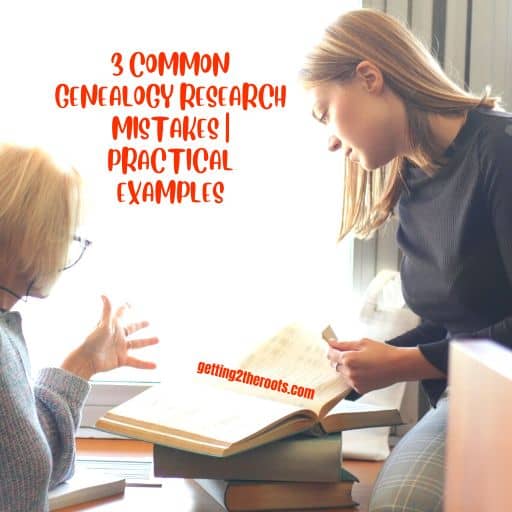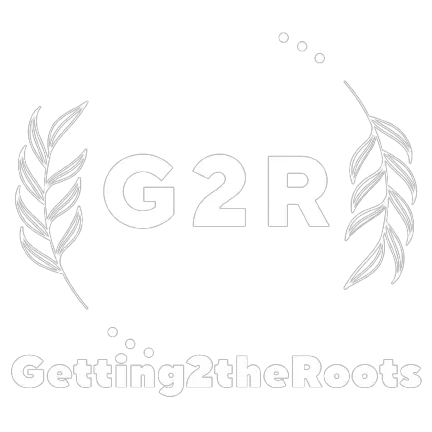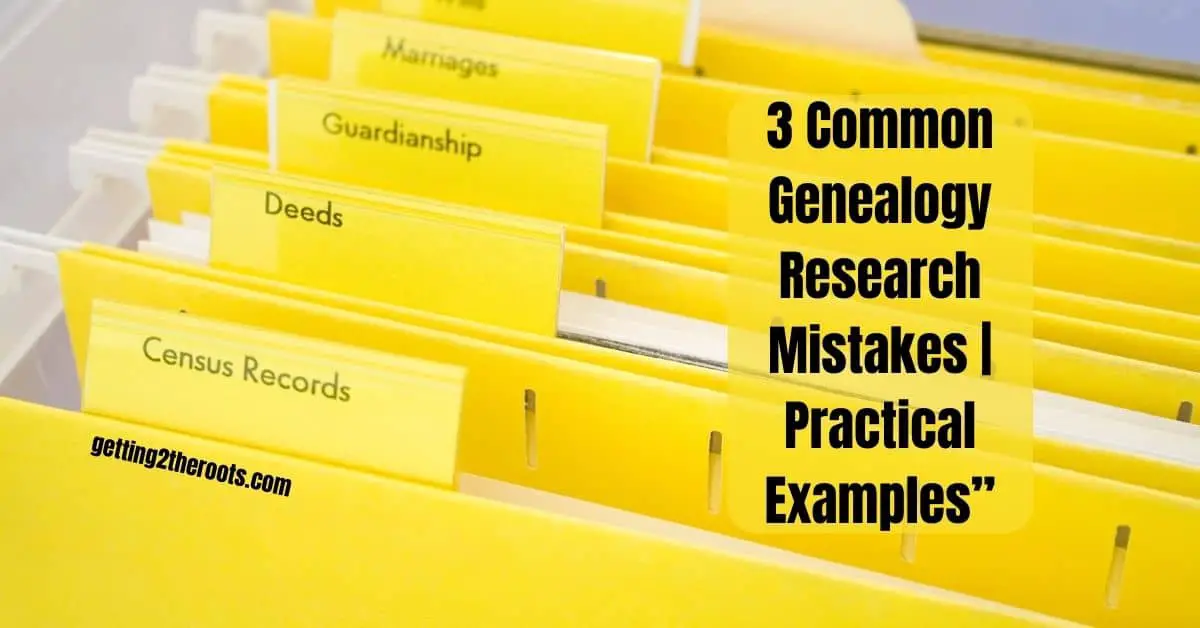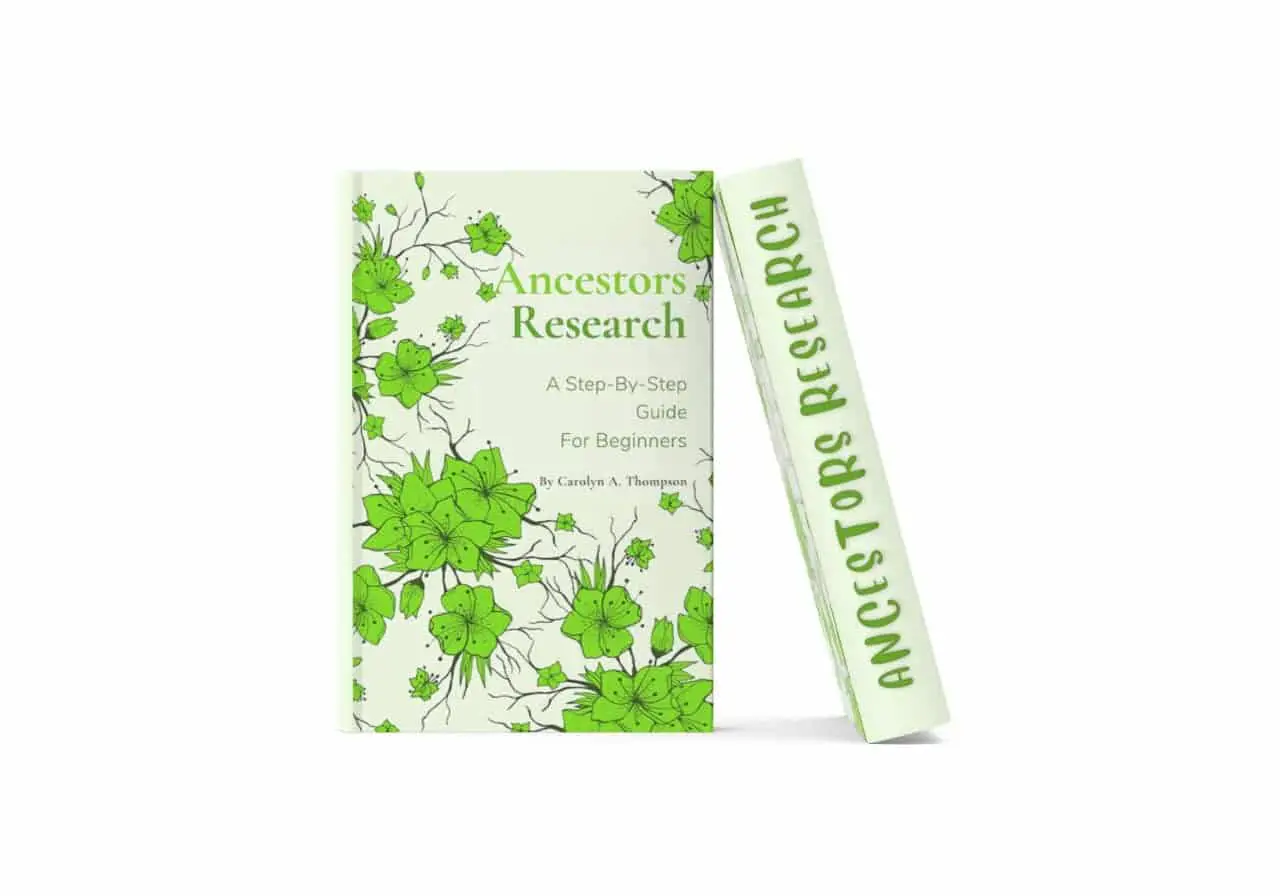Genealogy Research Mistakes—Taking Everything Literally
The first few genealogy research mistakes, and it really are more common with beginners, are taking everything at face value.
This takes numerous forms. It can actually start all the way back with those family stories that you grew up with.
The more fantastic the tale or the longer ago that event supposedly took place, the higher the chances are that it’s not entirely accurate.
I encourage you to read my article, “Ancestors’ Research | Free Beginner’s Guide,” for helpful tips on organizing a memorable family gathering. [Click Here]
✨ Check Out My Go-To Tools And Resources:
Visit my new Resources Page to see the tools, resources, and companies I use and recommend for my website and YouTube channel. Curated for efficiency and creativity.
👉 Explore: [Tools And Resources]

This is a regular occurrence in many families. When I was 13 years old, I convinced my younger siblings that Al Green was our uncle, since I adored his music so much.
If my siblings had investigated our family history, they would not have discovered a connection to Al Green.
However, this is how family stories can begin with false information.
Please read “The Life Story Of My Mother By Carolyn A. Thompson” and use it as a guide to writing your ancestor stories.
The practice of accepting things at face value also manifests itself when we examine genealogy websites or books.
Now, if you’ve spent time on some of the most popular genealogy websites, such as Ancestry, My Heritage,
Or Family Search, you may not realize that you’re looking at different records, each of which has different strengths and disadvantages.
Understanding the records that you’re looking at just comes with experience.
But one thing that you definitely need to keep in mind is that there is a difference between someone’s family tree and a record.
Now, someone else’s family tree can be a fantastic source of information for you to use in your inquiry.
It should help you avoid genealogy research mistakes and build an accurate family tree.
A printed or online family tree, on the other hand, may have both big and small inaccuracies.
Taking another person’s family tree and affixing it to your own is a sure way to create a tree that is not your family tree.
Consider it this way: if the online tree you were looking at was incorrect by just one generation—for instance;
If it stated that Henry’s father was Horace when, in fact, Henry’s father was Harrison.
Then, if you took the information from the online tree and attached it to your own.
You would have added numerous people to your family tree who are not related to you in any way.
Make use of those other trees as clues, but don’t simply link all the clues from those other trees to your tree.
Speeding A Sure Way To Make Genealogy Research Mistakes
And this ties into the next big mistake that I see people make, and that is going too fast.
Ancestry, My Heritage, and other big genealogy websites make it so easy to attach things to our family tree, and that’s really convenient.
But occasionally, it’s actually a little too convenient. It might look as if it pertains to your person.
So you go ahead and attach it. It makes it so easy to have a record pop up at first sight.
But actually, that record was for somebody else with the same name.
Let’s say that you’re trying to find a passenger list for your ancestor, John Johnson.
Who was born in England around 1870, and up pops this passenger list for a John Johnson. And you just go ahead and attach him.
But that record was actually for John Johnson, born in Sweden in 1883. Okay, that’s not your guy.
It just happens to be someone with the same name. So slow down. Take a look at what that record says. Does it even make sense for it to be your person?
Another way that we go too fast with our research is by not exploring the things that we already have.
If you’re starting out on your family history research, don’t spend all of your time on Ancestry or My Heritage.
Talk to your relatives. What do they know about the family history? What family papers might they have?
When I say family papers, I don’t mean that somebody’s already compiled a family history book for you.
I mean things like obituaries, photos, postcards, scrapbooks, and yearbooks.
All of these things can have clues for you that can really help you along the way on your genealogical journey.
And if you’re a more experienced family historian, when was the last time you went back and looked at those notes that you’ve already compiled?
That research that you’ve already done. It is wonderful how often you can answer a research question
- Just by going back and looking at notes that you took six months ago,
- A year ago,
- Or two years ago.
Suddenly, it makes sense to you how those records fit in.
- We also go too fast by skipping steps, and, oh my gosh, is this easy to do?
- We’ll find something fascinating about an ancestor.
- And then suddenly we want to go research that particular part of our ancestor’s life.
- Let’s say that you had been researching an ancestor who was living in Chicago in 1930.
- And you find him in the 1930 census.
- It says that he was born in Ireland.
- And the next thing you know, you are off looking for Irish records.
Well, do you really know enough about that person who was living in Chicago, Illinois, in 1930?
Do you know enough about him to actually be able to identify him correctly in records in Ireland?
You skipped a bunch of steps between Chicago, Illinois, and Ireland.
This is also common to do when you’re trying to prove or disprove a family legend.
Let’s say that your grandpa said that you were descended from one of Abraham Lincoln’s bodyguards.
So, it’s tempting to attempt to find a list of all of Abraham Lincoln’s bodyguards and hope to find a surname that sounds familiar.
Well, really, what you need to do is work from the known to the unknown.
Start with yourself and just keep researching back until you get to that generation that would have been alive during the Civil War and then research those people.
It could easily turn out that that relative that your grandpa was talking about wasn’t one of Abraham Lincoln’s bodyguards.
He was just a regular old private who never came anywhere close to Lincoln. But the tail kept getting bigger and bigger and bigger with each generation.
Falling Into A Research Rut
A mistake that hits genealogists of all experience levels is falling into a rut.
They’ll find a couple of resources or a couple of websites that they really like, and then they just keep going back and back and back to just those.
We also fall into the rut of trying to do the same type of search over and over.
Or just looking at the same types of records all the time. But here’s the thing: There isn’t a one-size-fits-all search strategy.
Different records will be able to give you different types of information that can help you with your research.
You might have noticed that I haven’t talked at all about specific record types.
Well, it’s because, in my experience, the genealogist who has the most success with the least amount of frustration is the one who develops a sense of curiosity.
Curiosity is not just about their ancestors but about the research process and the different types of records that they’re using.
If you are new to genealogy or even if you’ve been doing this for a while, don’t get discouraged. When you don’t understand everything about a record.
- Hardly any person comes into genealogy knowing all about the ins and outs.
- Of census records.
- Vital records.
- And probate records.
- It just comes with experience.
Blog About Your Genealogical Discoveries
Would you be interested in writing a blog about the genealogy discoveries you’ve made?
If that’s the case, you should follow Getting2theRoots on YouTube to get access to her How to Become a Blogger series.
Conclusion
Finally, taking the time to learn about these documents and how they may genuinely be applied to your research can be quite valuable.
This will enable you to make many more discoveries. Remember to retain an open mind and double-check all of your findings.
Did You Find This Article Helpful? Why or Why Not?









